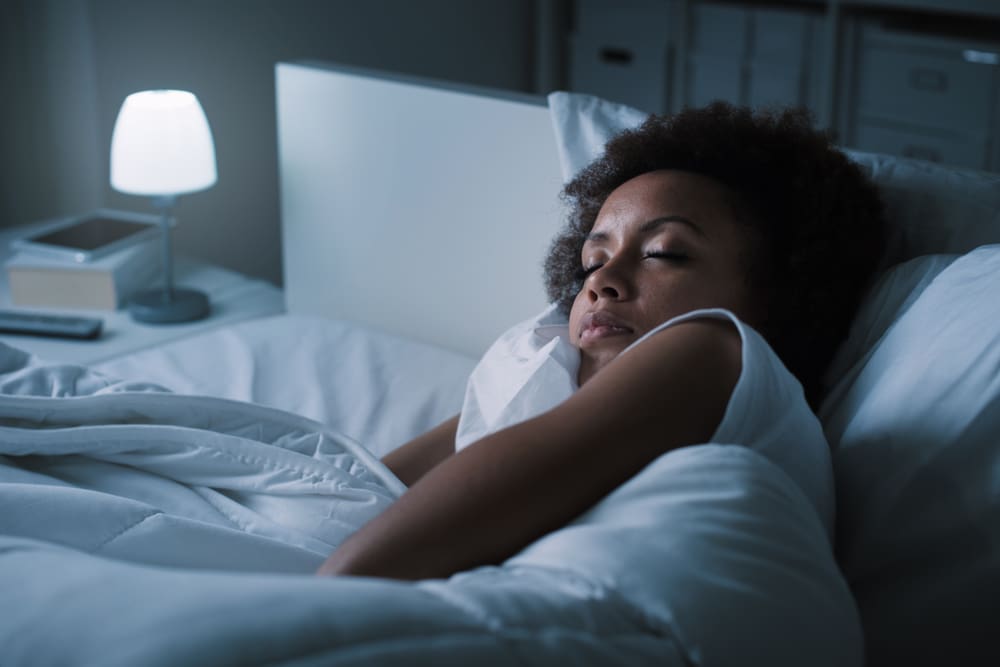The intricate relationship between anxiety and sleep creates a complex cycle affecting millions worldwide. Mental health experts have identified key patterns showing how anxiety disrupts natural sleep cycles, leading to both immediate and long-term effects on overall well-being. This disruption often creates a self-perpetuating cycle where anxiety causes poor sleep, and poor sleep increases anxiety.
The biological mechanism behind sleep anxiety
Sleep anxiety manifests through various physiological and psychological mechanisms. When triggered by everyday worries, the brain’s stress response system activates, releasing hormones like cortisol that keep us alert when we should be winding down. This natural defense mechanism becomes problematic in the modern world, where perceived threats often stem from mental rather than physical dangers.
Common anxiety patterns
Most people with sleep anxiety experience distinct patterns that typically begin as bedtime approaches. Initial symptoms often include racing thoughts about daily events or future concerns. These thoughts trigger a heightened state of alertness, leading to physical symptoms. People commonly experience increased heart rate, shallow and rapid breathing, muscle tension throughout the body, restlessness, and inability to find comfort. Some individuals also report sweating, chills, and digestive disturbances during these episodes.
Impact on sleep structure
Anxiety significantly disrupts normal sleep architecture by interfering with the natural progression through sleep stages. This disruption particularly affects deep sleep phases, which are crucial for physical and mental restoration. Even when achieving adequate total sleep time, anxiety can prevent the quality of rest needed for optimal functioning.
Environmental factors
The sleep environment plays a vital role in either alleviating or exacerbating sleep anxiety. The most significant environmental factors include light exposure levels, room temperature, ambient noise, air quality, and bed comfort. Each of these elements can be adjusted to create optimal sleeping conditions that help reduce anxiety levels.
Daily habits affecting sleep anxiety
Lifestyle choices throughout the day significantly influence nighttime anxiety levels. Caffeine consumption timing, exercise scheduling, screen time exposure, meal timing and content, work schedules, and social interactions all play crucial roles in sleep quality. Understanding and modifying these factors can substantially improve sleep outcomes.
Creating an effective bedtime routine
Establishing consistent pre-sleep routines helps signal to both body and mind that it’s time to wind down. Effective routines often include gentle stretching or yoga, reading calming material, practicing mindfulness or meditation, taking a warm bath, writing in a journal, or using aromatherapy. The key is consistency and finding activities that personally help you relax.
Professional support options
When self-help measures prove insufficient, various professional interventions can provide additional support. These might include Cognitive Behavioral Therapy for Insomnia, sleep psychology consultations, medication management, stress management coaching, and relaxation therapy. Each approach offers unique benefits and can be tailored to individual needs.
Tracking your progress
Monitoring sleep patterns and anxiety levels helps identify effective interventions and areas needing adjustment. Important aspects to track include sleep duration and quality, anxiety triggers, successful relaxation techniques, environmental factors, physical symptoms, and medication effects. This information proves invaluable in developing effective treatment strategies.
Natural approaches to management
Various natural remedies and supplements can support healthy sleep patterns while reducing anxiety levels. Many people find relief through herbal teas like chamomile and valerian, essential oils, magnesium supplements, and natural sleep aids. Breathing exercises and progressive muscle relaxation techniques also prove beneficial for many individuals struggling with sleep anxiety.
Breaking free from sleep anxiety requires patience and consistent effort. While the condition can feel overwhelming, implementing appropriate strategies and seeking professional support when needed leads to improved sleep quality and reduced anxiety levels. Remember that recovery often takes time and may require trying various approaches to find what works best for your situation.
Remember, improvement is often gradual, and setbacks are normal parts of the recovery process. Focus on consistent application of helpful strategies rather than seeking perfect sleep every night.















